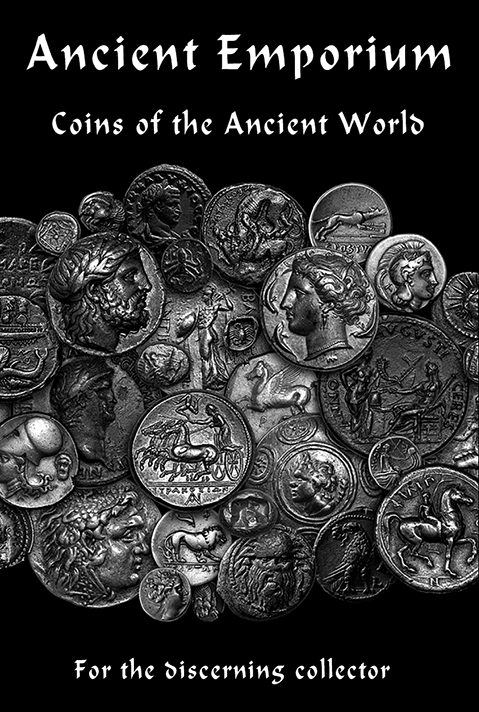The German head of the British Museum has clarified that the Parthenon sculptures do not belong to Greece and will not be returned or borrowed.
 |
| Plaster casts of the Parthenon sculptures displayed in the Acropolis Museum [Credit: Intime] |
Hartwich Fischer, an art historian and director of the British Museum since 2016, categorically ruled out the possibility of “indefinite borrowing,” but generally of any borrowing, if Greece did not recognise that the Parthenon sculptures belong to Britain.
In a recent interview published by the Greek newspaper Ta Nea, Fischer spoke “about Britain’s legitimate ownership of the sculptures” and described their removal to London as a “creative act”.
“I can understand that the Greeks have a special and passionate relationship with this part of their cultural heritage and want to see all the sculptures in Athens,” said Mr. Fischer.
“We exhibit the Parthenon sculptures in a context of global civilisations, highlighting achievements from all over the world under the same roof,” he said, expressing the view that the history of the monument “is enriched by the fact that some of its parts are exhibited in Athens and others in London.”
“In each of these two locations, the sculptures show different aspects of an incredibly rich and multilevel story,” Fisher said. “Though, of course, it is one thing to display the sculptures in the Acropolis museum, opposite their monument of origin, and another to exhibit them in London.”
“We have excellent relations with our colleagues at the Acropolis Museum,” he said, “but the British Museum loans out objects only to those who recognize our legitimate ownership of them.”
When Fischer was asked about Britain’s Labour leader Jeremy Corbyn’s pledge to return the sculptures to Athens if he becomes Prime Minister, he responded, “I think that this is Mr Corbyn’s personal view on the matter. Obviously, that is not the stance nor the view of the Trustees of the British Museum.”
As far as accepting the view that Greece is the rightful owner of the sculptures, Mr. Fischer responded, “I would not accept it. The objects that are part of the collection of the British Museum and, as such, are in the fiduciary ownership of the Trustees of the Museum.”




"…Η λατρεία της Θεάς Αθηνάς στον Παρθενώνα, καθώς επίσης και όλων των άλλων εθνικών Θεών μας στους αμέτρητους Ναούς τους, αποτελεί πολύ απλά μια πολιτισμική παράδοση την οποία εμείς οι Έλληνες, κατά την προαναφερθείσα διακήρυξη των Ηνωμένων Εθνών, «δικαιούμαστε να διατηρήσουμε και να ξαναζωντανεύσουμε», και βεβαίως, αυτονόητα, όποτε αποκτήσουμε την δυνατότητα, θα το πράξουμε."